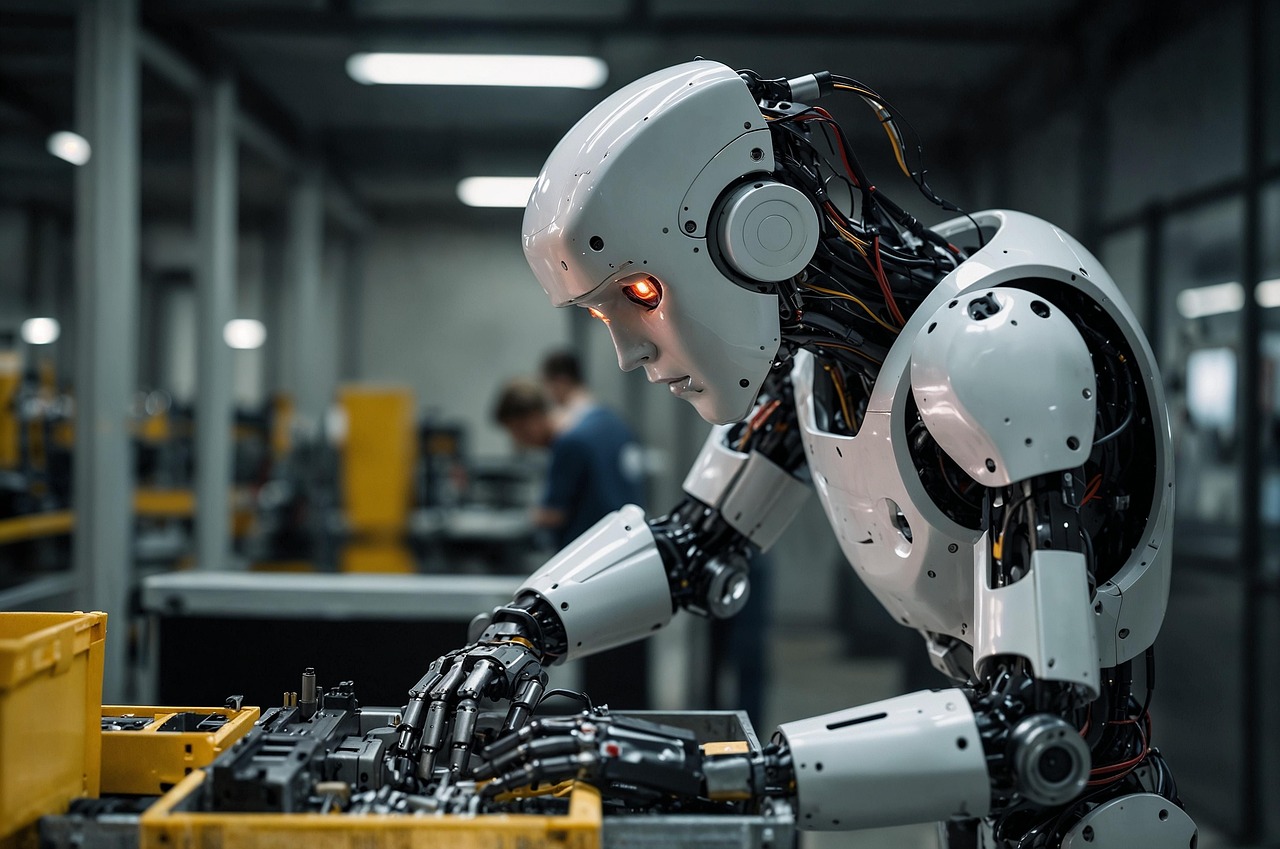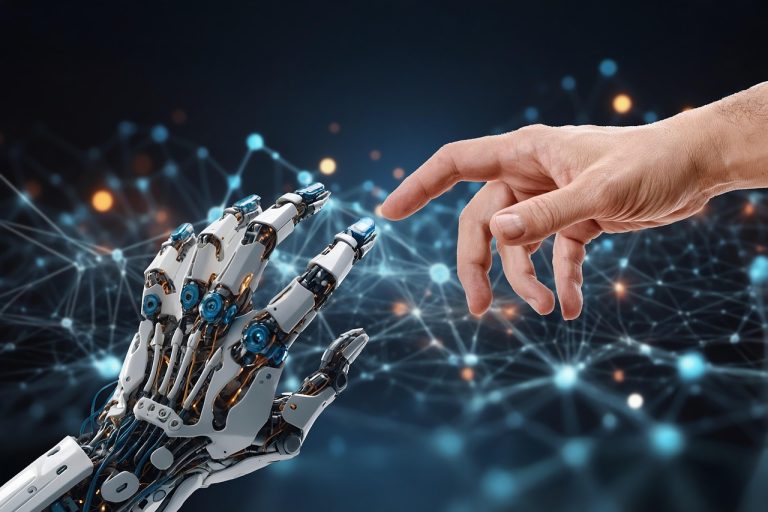A Data-Driven Look at Automation, Labor, and the Future of Work
In 2013, a study by Oxford researchers Carl Benedikt Frey and Michael Osborne predicted that 47% of U.S. jobs were at high risk of being automated within two decades. Since then, the fear of AI replacing human labor has moved from science fiction to boardrooms, classrooms, and kitchen tables. But how much of that fear is justified—and what does the data really say?
Let’s examine what the latest research tells us about how AI is reshaping the global job market—and what roles might emerge or disappear in the coming decades.
What Jobs Are Most at Risk?
According to the World Economic Forum’s Future of Jobs Report (2023) and a 2024 McKinsey Global Institute study, jobs most vulnerable to automation share three traits:
- Repetitive, routine tasks
- Low requirement for emotional or creative intelligence
- High exposure to data-driven decisions
High-risk job categories include:
- Data entry clerks
- Telemarketers
- Cashiers
- Basic bookkeeping
- Factory workers
- Transportation (especially truck drivers and delivery personnel, due to autonomous vehicles)
McKinsey estimates that by 2030, 375 million workers (14% of the global workforce) may need to switch occupational categories due to automation.
Which Jobs Will Rise in Demand?
In contrast, roles that involve human judgment, empathy, complex problem-solving, and creativity are expected to grow. The WEF projects that 69 million new jobs will be created globally by 2027 in fields like:
- AI and machine learning specialists
- Data analysts and scientists
- Cybersecurity professionals
- Sustainability and climate change experts
- Healthcare workers (especially elder care and mental health)
- Education and training professionals
- Digital content creators and UX designers
Notably, the WEF found that jobs requiring “soft skills” like leadership, resilience, flexibility, and emotional intelligence will be in high demand, even in technical fields.
Future-Proof or Future-Vulnerable?
A snapshot from the U.S. Bureau of Labor Statistics (BLS) projections to 2032:
| Job Category | Growth Rate | Risk Level |
|---|---|---|
| Software Developers | +25% | Low |
| AI/ML Engineers | +40% | Very Low |
| Registered Nurses | +6% | Low |
| Retail Cashiers | –10% | High |
| Truck Drivers | –8% | High |
| Teachers (K–12) | +4% | Low |
| Data Entry Clerks | –20% | Very High |
Benefits of AI in the Workforce
- Increased productivity: AI can handle tasks faster and with fewer errors.
- Job augmentation: AI can enhance human decision-making rather than replace it.
- Cost reduction: Automation reduces repetitive labor costs for companies.
- New industries: Entirely new sectors (e.g., AI ethics, quantum computing, augmented reality) are forming around emerging tech.
Risks and Challenges
- Skill mismatch: Many workers are unprepared for rapid digital transformation.
- Inequality gap: High-skill workers benefit disproportionately from AI advances.
- Job displacement: Blue-collar and routine-based jobs are under threat.
- Ethical dilemmas: Algorithms making hiring/firing decisions raise fairness concerns.
According to the OECD (2023), countries that don’t invest in reskilling and lifelong learning will face significantly higher unemployment and social unrest.
So, Will AI Take All Our Jobs?
The answer is nuanced. AI won’t take “all” our jobs—but it will change “almost every” job.
In many sectors, AI will act as a co-pilot, not a replacement. But in roles where human presence isn’t essential, displacement is likely. The key is adaptation: individuals, schools, and governments must shift from “protecting” old jobs to preparing people for new kinds of work.
A Glimpse into 2040 and Beyond
By 2040, we’re likely to see:
- Humans working alongside AI in hybrid teams
- Surge in demand for digital therapists, human-AI relationship specialists
- Rise of “creativity-centric” professions as automation floods logic-driven ones
- Universal Basic Income (UBI) becoming part of mainstream policy in some nations
- Education systems centered on problem-solving, adaptability, and interdisciplinary fluency
The real question isn’t “Will AI take your job?”
It’s “Are you ready to do the job that only a human can?”



